Fall Protection
FERC Approves Interconnection for Talen Energy, Amazon Data Center
The Guide to IEEE Utility Safety Standards
Fall Protection
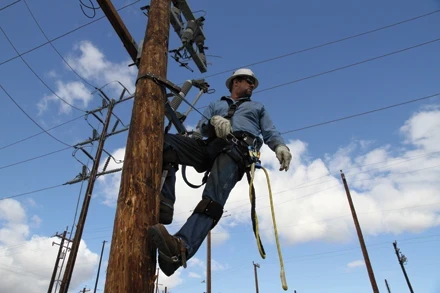
Fall Protection Becomes Mandatory
New regulation removes “optional” to increase worker safety
BY CRAIG FIRL, Capital Safety
The U.S. Occupational Safety and Health Administration (OSHA) published updated rules and regulations in April 2014 that impact fall protection for the electrical utility industry. These new regulations, which replace rules dating back to the 1970s, have been in development since 2005 and will replace guidelines that were both out-of-date and inconsistent. OSHA estimates the new rules will prevent an additional 118...
Related Articles
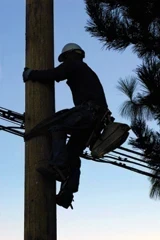
The Guide to IEEE Utility Safety Standards
A comprehensive review of IEEE guidelines and documents BY JIM TOMASESKI, IEEE, NESC Main Committee, PAR Electric Every day, utility workers are risking their lives in work environments that involve high-risk activities such as working at extreme heights, managing or repairing energized...
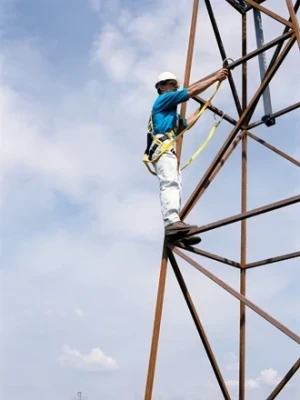
Tower Climbing Safety Equipment
What powerline technicians must know to stay safe BY JIM HUTTER, Capital Safety Most of modern life is powered by electrical energy, which is why transmission tower work continues to be an integral—yet extremely dangerous—part of the power distribution industry. The Occupational Safety and...
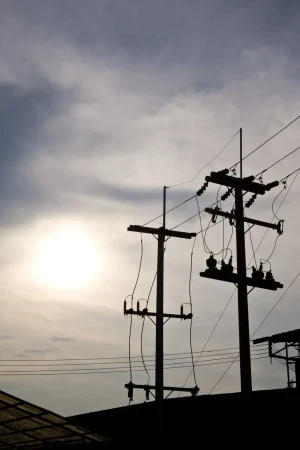
FERC Rejects PJM Transmission Planning Change
The Federal Energy Regulatory Commission (FERC) has rejected a proposal from PJM Interconnection, one of the United States' largest regional transmission organizations, to alter its transmission planning protocol. The decision represents a significant victory for state regulators who had expressed...

Safety Reports for Utility Workers
Protecting utility workers with documented reporting BY MIKE DOHERTY, PowerTel Utilities Contractors Limited Within the lineman trade, accountabilities for the documentation of various inspections, job safety analyses (JSAs), audits, safe work practices (SPGs), qualifications, safety meetings,...
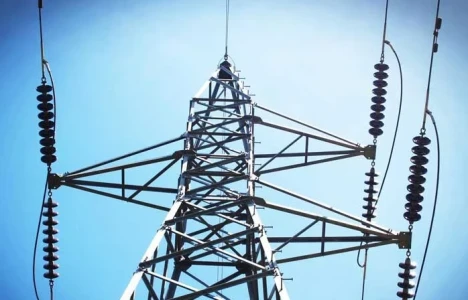
FERC Complaint Targets Duke, PJM Transmission Planning
A coalition of large energy consumers and ratepayer advocates has filed a complaint with the Federal Energy Regulatory Commission (FERC), urging the agency to prohibit transmission owners from independently planning "local" transmission projects exceeding 100 kilovolts (kV). The coalition argues...

12 Tips to Protect Against Common Lineworker Safety Hazards
Lineworkers face numerous risks daily, from respiratory ailments to electrical hazards. These dangers can result in severe injuries, low blood pressure, bleeding, and vomiting. However, by adhering to established safety protocols, contractors and employers can significantly reduce the likelihood of...
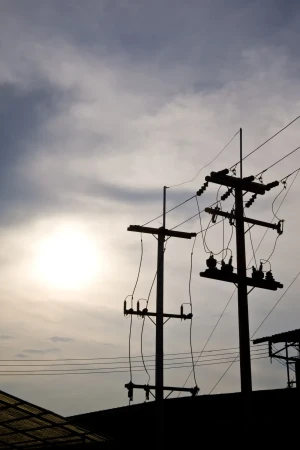
FERC Rejects PJM Transmission Planning Change
The Federal Energy Regulatory Commission (FERC) has rejected a proposal from PJM Interconnection, one of the United States' largest regional transmission organizations, to alter its transmission planning protocol. The decision represents a significant victory for state regulators who had expressed...

FERC Approves Interconnection for Talen Energy, Amazon Data Center
In a significant move that underscores the growing demand for reliable and sustainable energy to power the expanding digital infrastructure, the Federal Energy Regulatory Commission (FERC) has approved an interconnection agreement between Talen Energy, Amazon Web Services (AWS), and Exelon. This...
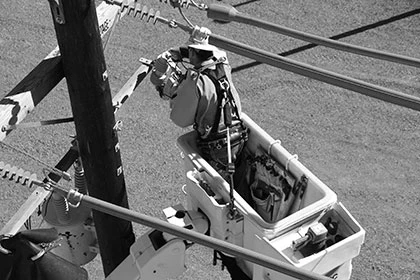
Fall Protection: The ABCs of Connecting Devices
A personal fall protection arrest system (PFAS) is comprised of three vital components: an anchorage, body wear (full-body harnesses), and a connecting device (a shock-absorbing lanyard or self-retracting lifeline). The safety of at-height workers depends on these three components, and each one...
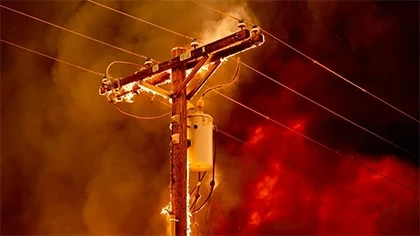
Lineman Safety during a Wildfire
If you wanted to create a recipe for disaster, the beginning of the 2021 wildfire season would be a good place to start. Nearly 90% of the western U.S. is suffering through extreme drought. The snowpack set new low levels there as well. A record-breaking heatwave steamrolled the Pacific Northwest...
